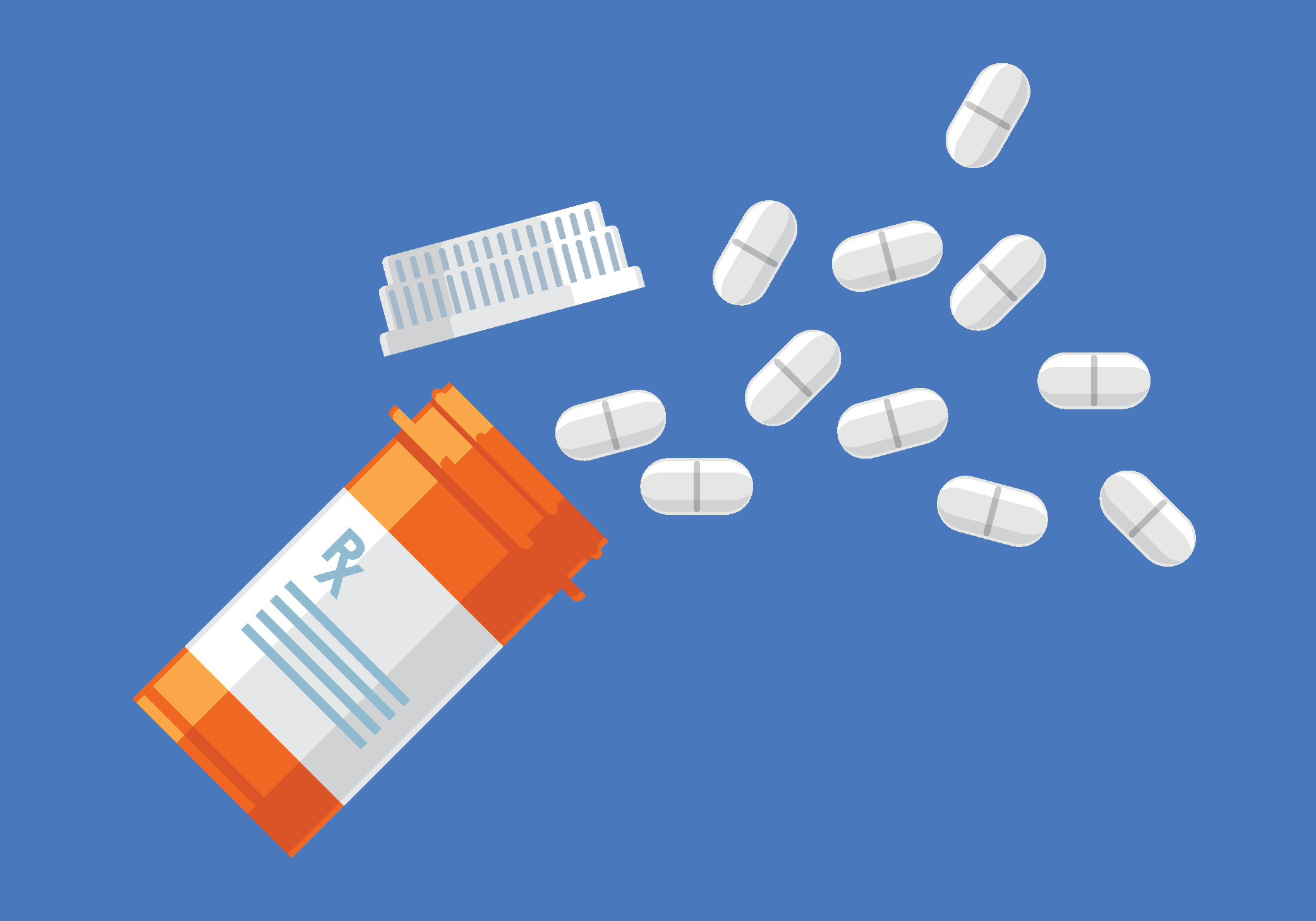Dr Des Corrigan weighs the evidence against DNP with the musings of the historical ‘father of toxicology’
Media reports at the beginning of February referred to the closure of an online business www.FatBurney.com based in Clonmel, which was selling diet pills alleged to contain 2,4-dinitrophenol (DNP). At the same time, the Advisory Committee on the Misuse of Drugs in the UK advised that DNP was a poison and not a drug. In fact it appears to be both, hence the reference to the 16th Century Swiss physician and alchemist Philippus Aureolus Theophrastus Bombastus von Hohenheim — known simply as Paracelsus — who, as the father of toxicology, famously said that all substances were poisons, but that it was the dose that distinguished a remedy from a poison.
The therapeutic use of DNP for weight loss actually arose from studies of its poisonous effects in ammunition workers in France during the Great War. It was observed that factory workers and soldiers occupationally exposed to high levels, when DNP was used to manufacture explosives, subsequently lost weight. Despite the fact that 36 deaths involving DNP were reported from France in 1919, its reputation as a weight loss agent led to a clinical trial in 1933 that showed a relationship between dose and the extent of weight loss.
By uncoupling oxidative phosphorylation, it increases metabolic rate, glycolysis and lipolysis, thus reducing fat deposits. Soon after its clinical use, signs of toxicity were reported, such as rash and cataracts, as more people started to use the drug with or without a prescription. When deaths were reported again, controls were introduced, making it illegal to purchase DNP. This led to a rapid decline in use and indeed reported deaths. More recently, it has reappeared as a black market product used by weightlifters and body-builders to sculpt muscles by removing (‘shredding’) fat.
As such, it is another performance- and image-enhancing drug (PIED) along with melatonin and anabolic steroids. Kilogramme quantities of the powder or thousands of tablets supposedly containing DNP are available for purchase on the Internet.
The consequences for users can be severe, as the documented side-effects, according to a 2014 report from the National Poisons Information Service in the UK, involve a combination of fever (47 per cent of cases), tachycardia (43 per cent), sweating (37 per cent), nausea and vomiting (27 per cent), breathing difficulties (23 per cent), and death. Longer-term, there is the risk of damage to heart muscle, acute kidney injury, gastroenteritis, anorexia (not surprisingly), in addition to agranulocytosis, neutropaenia and deafness. Neurological consequences include confusion, agitation, convulsions and coma. According to an article in the Journal of Medical Toxicology, there were 62 published deaths by 2011, many of them since 2002.
Kilogramme quantities of the powder or thousands of tablets supposedly containing DNP are available for purchase on the Internet
In Australia, where DNP was rescheduled in 2017 as a substance of “such danger to health as to warrant prohibition of sale, supply and use”, 24 cases of exposure to it resulting in hospitalisation were reported in New South Wales alone between 2004 and 2018. Four deaths since 2015 were recorded, two of them since rescheduling. In the UK, the Emergency Medicine Journal recorded five fatalities between 2007 and 2013 out of 30 separate cases of exposure reported to the UK National Poisons Information System. In the US, three deaths were recorded in a 2016 report. Here, the death of a man in his mid-20s was linked to DNP-containing diet ‘pills’ in May 2015, according to a report in the Irish Examiner.
The UK government has announced that it will consider amending their Poisons Act to include DNP so that only registered pharmacists could sell it, and then only to someone with a Home Office licence. Since there are unlikely to be many of the latter, the hope is to restrict the availability of the substance. In view of the alleged case in Clonmel and the international evidence of its toxicity, it is perhaps time for our own poisons council (Comhairle na Nimheanna) to consider a similar restriction on the supply of DNP.
UK authorities have ruled out scheduling it under their Misuse of Drugs Act but if anabolic steroids can be scheduled under our MDA, then it is not unreasonable to at least consider such an approach for DNP. Legal control, either as a poison or a controlled drug, would at the very least make the enforcement role of the Food Safety Authority of Ireland, the HPRA and the HSE that bit easier, as well as helping save the lives of those foolish enough to believe the hype surrounding this ‘fat burner’.
Given all that is known about the dangers of DNP ingestion, to come across a 2019 article in Cells titled ‘2,4-dinitrophenol as medicine’ was a total surprise. The author envisages a possible role for DNP as a mitochondrial uncoupler that lowers reactive oxygen species (ROS) production, thereby delaying or preventing diseases such as multiple sclerosis, Huntington’s, Alzheimer’s, Parkinson’s and amyotrophic lateral sclerosis (ALS). He proposes the use of lower weight-neutral doses rather than the doses usually used to induce weight loss. Comparison is made in the article with the way warfarin was re-purposed from its origins as a rodenticide to become a standard anticoagulant in millions of patients.
The other comparator quoted is thalidomide, which caused horrendous birth defects when used by pregnant women as a tranquilliser and for morning sickness. Newer research has resulted in a re-evaluation of this teratogenic drug in the possible treatment of leprosy, of multi-drug resistant tuberculosis and as an anti-angiogenesis agent in multiple myeloma. It was an even greater surprise to read that despite the UK denial that DNP is a drug, that the FDA has granted it Investigational New Drug (IND) approval for clinical safety and tolerability testing in the above conditions and also in Duchenne Muscular Dystrophy and in traumatic brain injury.
The authors’ enthusiasm for the therapeutic use of DNP in neurodegenerative diseases could be explained by the fact that the company he founded has been awarded orphan drug designation by the FDA for a pro-drug of DNP in Huntington’s disease. Thus, we are likely to hear more of this drug in medicine and perhaps our friend Paracelsus will be proved right again.








